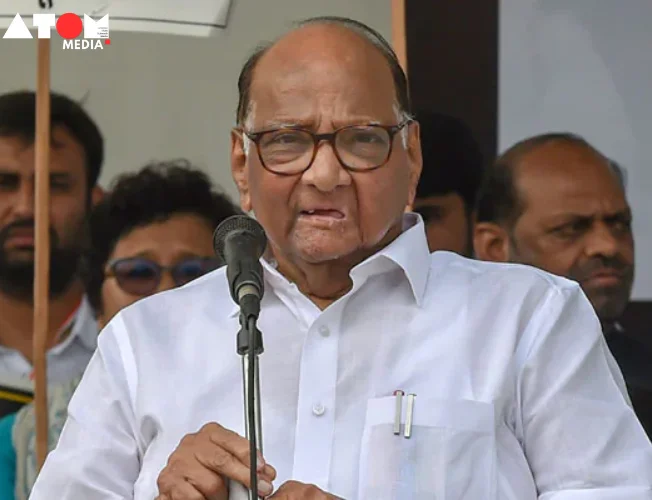Sharad Pawar’s Concerns Over PM Modi’s Divisive Stance
In a recent turn of events, Sharad Pawar, the leader of the Nationalist Congress Party (NCP), has voiced his concerns over Prime Minister Narendra Modi’s alleged divisive stance, claiming it could exacerbate communal tensions in the country. Speaking at a rally in Maharashtra’s Dindori constituency, Pawar accused PM Modi of adopting positions that may deepen religious and caste fault lines rather than fostering unity among communities.
PM Modi’s Accusations and Chidambaram’s Retort
Pawar’s remarks come in response to PM Modi’s speech in Nashik, where he purportedly criticized the Congress for its purported agenda of playing “Hindu-Muslim politics.” PM Modi’s assertion triggered a swift reaction from Pawar, who condemned the prime minister’s rhetoric as detrimental to communal harmony.
The political discourse further intensified as PM Modi accused the Congress of planning to allocate a significant portion of the national budget exclusively for Muslims during its tenure in power. This accusation sparked a war of words between PM Modi and senior Congress leader P Chidambaram. Chidambaram denounced PM Modi’s statements as “bizarre” and accused him of resorting to falsehoods and outrageous claims to garner political mileage.
PM Modi Denies Engaging in Hindu-Muslim Politics
PM Modi, on his part, vehemently denied engaging in Hindu-Muslim politics but reiterated his commitment to exposing what he termed as the Congress’s strategy of appeasement politics. He accused the Congress of advocating for separate budgets and reservations based on religious lines, a move he deemed divisive and detrimental to national unity.
Implications for the Election Discourse
The exchange of allegations between PM Modi and Chidambaram underscores the escalating tensions in the political landscape, particularly in the run-up to the Lok Sabha elections. While PM Modi seeks to portray himself as a champion of national unity, his critics argue that his rhetoric often serves to polarize communities along religious lines.
As the election campaign gathers momentum, the focus remains on issues of national significance, including communal harmony, economic development, and social welfare. The contrasting narratives presented by PM Modi and his detractors highlight the divergent visions for the future of the country, making the upcoming elections all the more crucial for India’s democratic fabric.
Conclusion
In conclusion, the political discourse surrounding PM Modi’s alleged Hindu-Muslim politics and the subsequent rebuttals from opposition leaders like Sharad Pawar and P Chidambaram underscore the complexities of India’s socio-political landscape. As the nation prepares to exercise its democratic right, the debates surrounding communal harmony and inclusive governance are likely to shape the electoral discourse in the days to come.
Read more: Marketing News, Advertising News, PR and Finance News, Digital News





